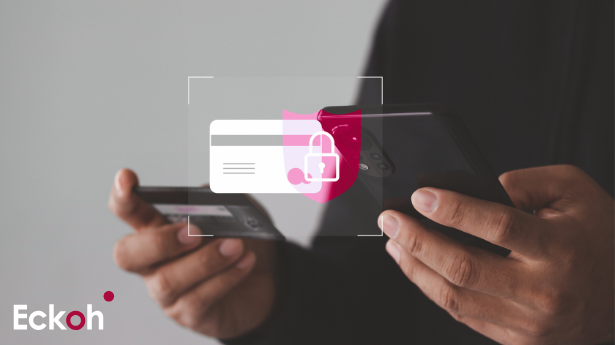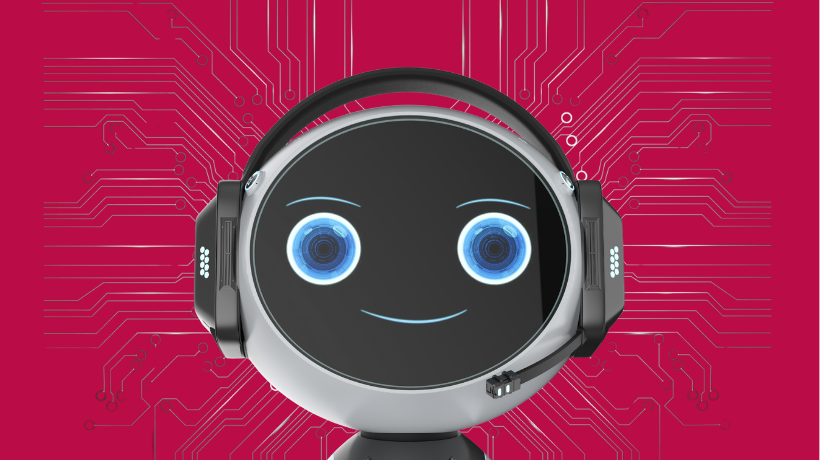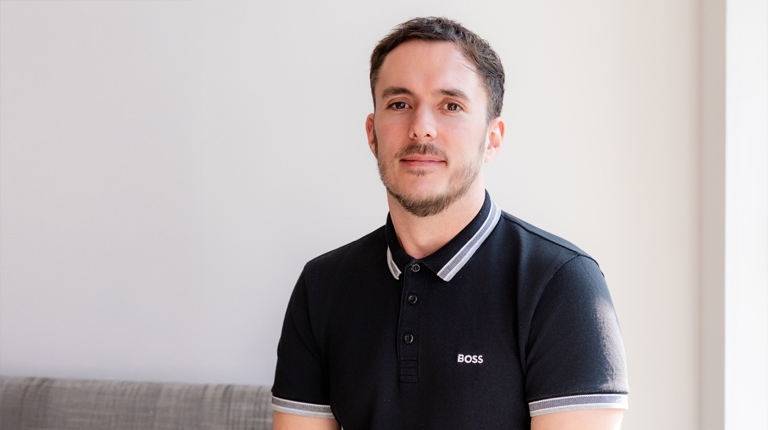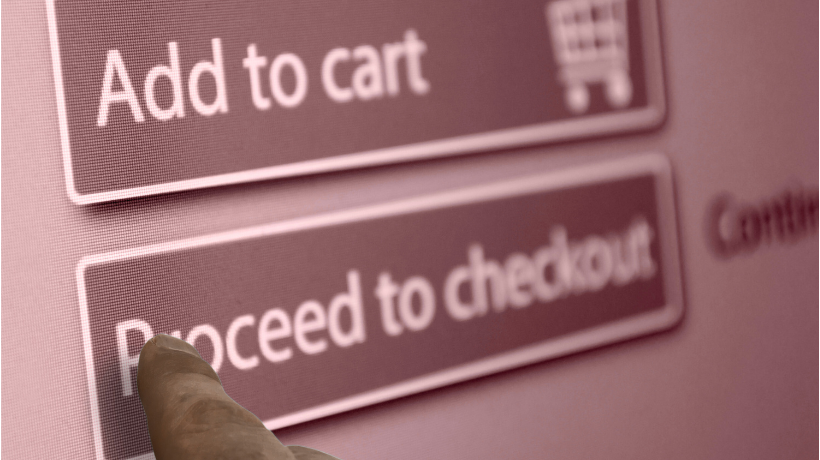You Need These 5 Key Security Requirements to Trust Conversational AI with Payments
12 Nov 2025
While conversational AI can enhance customer convenience, security and compliance are critical when handling payments, especially in regulated industries. Learn the five key requirements that ensure AI-driven payments are safe and trustworthy.
Read moreIf You’re Using One of These Outdated Payment Security Methods, You're in Trouble
29 Oct 2025
Many contact centers still rely on outdated payment methods that were once “good enough” but now pose serious risks. Pause-and-resume recording, unmasked IVR, and static web forms leave organizations vulnerable to breaches, compliance failures, and lost customer trust.
Read moreYour Chatbot Will See You Now: AI Agents Take on Regulated Industries
29 Oct 2025
From healthcare and finance to government, AI is helping contact centers handle sensitive transactions with greater security, compliance, and efficiency than ever before. Learn why compliance leaders are embracing it and what organizations must consider to stay ahead in this transformation.
Read moreOne Year On: Why Ignoring PCI DSS 4.0.1 Compliance Is a Risk You Can’t Afford
8 Sep 2025
Why PCI DSS 4.0.1 is proving so difficult for organizations and what’s at stake if you fall behind? The challenge isn’t just about ticking boxes, it’s about keeping customer payment data safe while avoiding the financial, operational, and reputational fallout of non-compliance.
Read moreHow Conversational AI is Transforming Contact Centers into Growth Engines
4 Sep 2025
Contact centers are shifting from cost centers to growth engines. Learn from Eckoh's Head of Product, Ash Burton, about how conversational AI is enabling seamless, personalized interactions, empowering agents, and unlocking new opportunities for loyalty and revenue.
Read moreInside Eckoh: Matt’s Perspective on Culture, Growth, and Purpose
4 Sep 2025
Meet Matt Lakin, Eckoh’s Digital Marketing Manager. From starting as a marketing coordinator to now leading Eckoh's digital strategy, Matt shares how Eckoh’s culture of trust, collaboration, and purpose has shaped his career.
Read moreWhy Mobile-First Matters: Optimizing Your Contact Center for the Modern Customer
18 Aug 2025
The customer journey is now mobile-first, and your contact center must be too. From secure in-call payments to seamless messaging and mobile-friendly self-service, customers expect to resolve issues quickly and securely on their smartphones. This blog explores how a mobile-first approach increases satisfaction, reduces friction, builds trust, and improves contact center efficiency.
Read moreFrom Audit-Ready to Audit-Free: How to Fully Descope with Eckoh
8 Aug 2025
Learn how contact centers can reduce PCI-DSS compliance complexity by fully removing payment data from their systems. Explores what it means to be truly “audit-free,” and why traditional compliance methods fall short.
Read moreTurning Trust into a Competitive Advantage with Eckoh's Secure Omnichannel Payments
23 Jul 2025
Product Manager David Youkee shares how Eckoh keeps sensitive data out of your systems, securing payments by phone, web, or chat.
Read moreHow to Combat Cart Abandonment
15 Jul 2025
Cart abandonment costs e-commerce businesses billions each year. This blog explores how Eckoh’s CallGuard, ChatGuard, Digital Payments, and Conversational AI Agents help create safer, easier payment experiences that increase conversions and reduce drop-offs.
Read more








